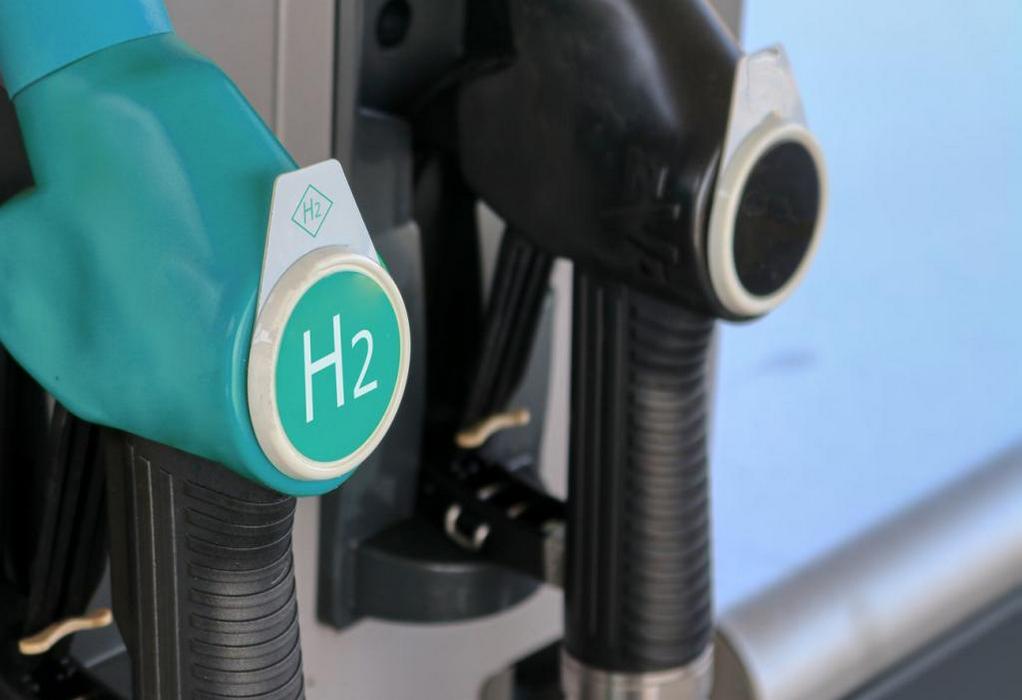The partnership between consultancy and engineering company Riccardo, energy company Scottish Power, rail infrastructure operator Network Rail Scotland and the University of Leeds is thus entering a new phase. The ultimate goal is to withdraw all diesel trains from the British rail network by 2040.
Over the next six months, the consortium will test the use of green hydrogen produced by renewable energy sources in prototype electric trains powered by hydrogen. The proposed plan envisages replacing diesel trains running in rural Scotland by 2035.
Out of the three projects in the tender that included the rail line, only the Riccardo-led consortium got the green light for funding in terms of the transport category.
After the testing and prototyping phase is over, A hydrogen electric train project by four British companies is expected to enter a new round of funding that will boost the pre-production phase.
The project was already funded while it was in the “discovery” phase, and now guarantees project Alpha status through the Strategic Innovation Fund (SIF, in its original acronym), which makes possible the influx of additional capital.
Launched in 2021 by Ofgem and Innovate UK The fund aims to accelerate the progressive transition from imported gas supply to domestically produced energy, decarbonised and at a lower cost to consumers. It has the potential to make the UK a hub for energy innovation.
Tags: British Rail Network, Hydrogen, Network Rail, Ricardo, University of Leeds



Recent Posts
Royal Caribbean Welcomes LNG-Fueled Star of the Seas to Its Fleet
Swire Shipping Launches ‘Voyage to Zero’ to Help Customers Cut Scope 3 Emissions Swire
Pinnacle Marine Launches B100-Powered President 100 for Biofuel Trials
Assam Puts Green Hydrogen Policy on Hold, Investors Reassess Plans
MNRE and Odisha Chart Roadmap for National Green Hydrogen Mission
Hyundai Glovis to Retrofit Seven PCTCs with Avikus AI Navigation System
Super Terminais orders three more Konecranes Gottwald ESP.10 Mobile Harbor cranes
Covestro and HGK Shipping Extend Partnership to 2040 with Focus on Wind-Assisted Vessel Retrofit